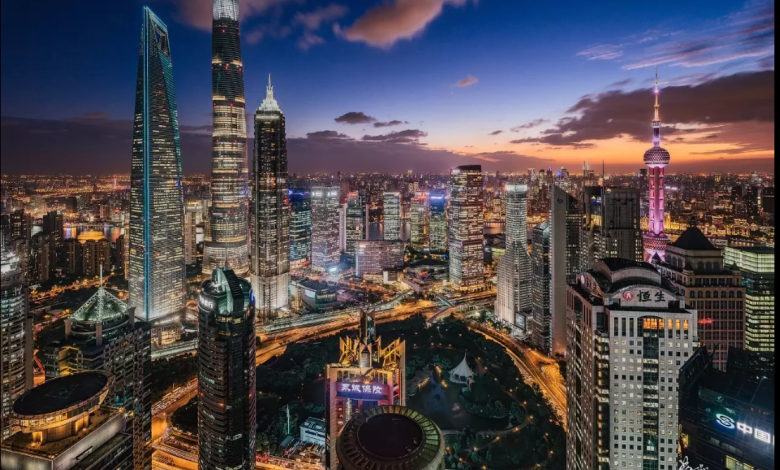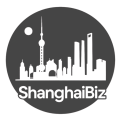Shanghai CBD Area: Business, Living & Landmarks

Shanghai, China’s financial powerhouse, is home to one of the world’s most dynamic Central Business Districts (CBDs). The city’s CBD is not just a hub for global commerce but also a thriving urban center where business, luxury living, and iconic landmarks intersect. This article explores Shanghai’s CBD areas, their economic significance, lifestyle offerings, and must-see attractions.
1. Shanghai’s Major CBD Zones
Shanghai has multiple CBDs, each with distinct characteristics:
A. Lujiazui (Pudong) – The Financial Heart
📍 Location: East of Huangpu River (Pudong District)
💼 Key Industries: Finance, banking, corporate headquarters
🏙️ Skyline Highlights: Shanghai Tower, Jin Mao Tower, Oriental Pearl Tower
Lujiazui is China’s Wall Street, housing:
- Shanghai Stock Exchange
- Multinational banks (HSBC, Citibank, Bank of China)
- Fortune 500 corporate offices
Its futuristic skyline symbolizes Shanghai’s economic rise.
B. The Bund (Huangpu) – Historic & Modern Fusion
📍 Location: West of Huangpu River (Pudong’s counterpart)
💼 Key Industries: Tourism, luxury retail, hospitality
🏙️ Landmarks: Bund waterfront, Peace Hotel, Rockefeller-esque architecture
The Bund blends colonial-era buildings with high-end shopping and dining, serving as a cultural and business meeting point.
C. Jing’an & Nanjing Road – Commercial & Retail Hub
📍 Location: Central Shanghai (Jing’an District)
💼 Key Industries: Retail, tech startups, luxury brands
🏙️ Landmarks: Jing’an Temple, Plaza 66, West Nanjing Road
This area is known for:
- Luxury shopping (Cartier, Louis Vuitton, Apple Store)
- Co-working spaces & tech incubators
- High-end residential towers
D. Hongqiao – Emerging Business & Transport Hub
📍 Location: Western Shanghai
💼 Key Industries: Transportation, exhibitions, trade
🏙️ Landmarks: Hongqiao Airport, National Exhibition Center
Hongqiao serves as a logistics and MICE (Meetings, Incentives, Conventions, Exhibitions) hub, linked to high-speed rail and air travel.
2. Business & Economy in Shanghai’s CBD
Global Financial Center
- Ranks #3 in the Global Financial Centres Index (GFCI), after New York and London.
- Hosts China’s largest stock market (SSE) and key financial regulators.
Corporate Presence
- Over 600 multinational companies have regional HQs in Shanghai (e.g., Tesla, PwC, L’Oréal).
- Pudong’s Free-Trade Zone offers tax incentives for foreign businesses.
Startups & Innovation
- Zhangjiang Hi-Tech Park (Pudong) is China’s “Silicon Valley” for biotech and AI.
- Xuhui’s West Bund attracts creative and tech firms.
3. Living in Shanghai’s CBD: Luxury & Convenience
High-End Residential Options
- Lujiazui’s skyscraper apartments (e.g., Tomson Riviera) offer skyline views.
- Former French Concession (Xintiandi, Jing’an) features historic villas and modern lofts.
Cost of Living
- Rent: A luxury apartment in Lujiazui costs ¥20,000–50,000/month ($3,000–7,000).
- Dining & Entertainment: Michelin-starred restaurants, rooftop bars, and exclusive clubs.
International Community
- Expat-friendly neighborhoods like Gubei (Japanese/Korean hubs) and Jing’an.
- Top international schools (Shanghai American School, British International School).
4. Must-Visit Landmarks in Shanghai’s CBD
| Landmark | Location | Why Visit? |
|---|---|---|
| Shanghai Tower | Lujiazui | World’s 2nd-tallest building; observation deck |
| The Bund | Huangpu | Historic architecture & night views |
| Jing’an Temple | Jing’an | Golden Buddhist temple amid skyscrapers |
| Xintiandi | Huangpu | Chic dining & nightlife in restored shikumen |
| West Nanjing Road | Jing’an | Luxury shopping & vibrant street life |
5. Future Developments
- Lujiazui Expansion: More skyscrapers and green spaces planned.
- Qiantan (Expo Area): A new CBD rivaling Pudong, with eco-friendly designs.
- Greater Bay Area Integration: Enhanced links with Hong Kong & Shenzhen.
Conclusion
Shanghai’s CBD is where global business, luxury living, and iconic architecture collide. Whether you’re an investor, expat, or traveler, the city’s commercial hubs offer unmatched opportunities and experiences. As Shanghai continues to grow, its CBD areas will remain at the forefront of innovation, culture, and urban development.




